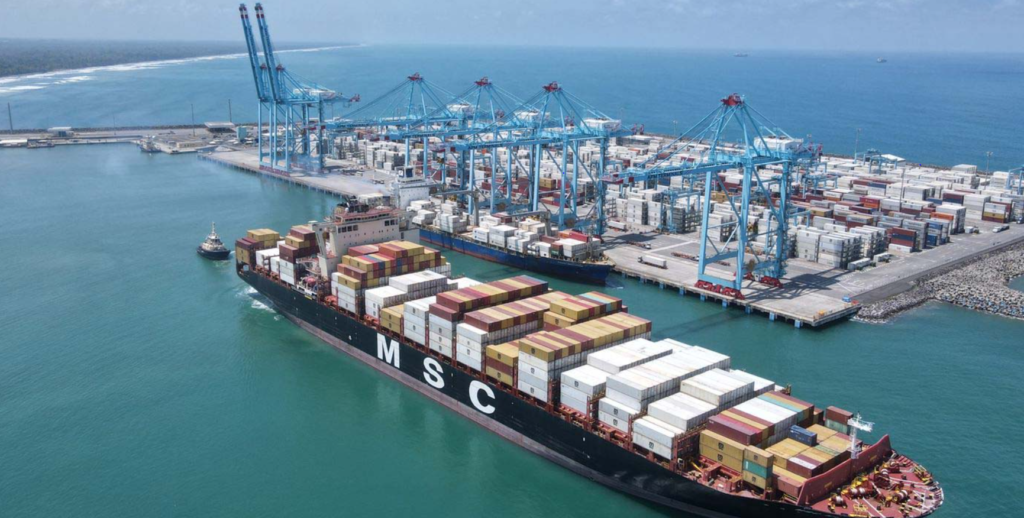It is important to notice the procuring change within the world of import- export business, such as the transition to sustainable development.
It is noteworthy that they also yield tangible positive effects concerning business’s economic outlook, in addition to the benefits for the company’s reputation and the environment.
Understanding Sustainable Trade Practices
Essentials of sustainable trade include the use of trading and systems that will cost trade in a sustainable manner.
The use of energy and employment of policies to lower carbon emission, protection of resources.
As maintaining ethical standards in employment and business dealings, and transparency.
Sustainability initiatives should become the business strategies of whatever sectors.
As they support the fight against climate change and balanced development on the global level.
Sustainability in trade entails compositions that would facilitate the communication of ideas, values
And practices that encourage the promotion of sustainable use of resources.

1. Environmental Responsibility
Therefore, the manufacturers that supply many international businesses through importing and exporting ministries play a major role in the international account of emissions and resource consumption.
They play a role of bringing out the right approach of harnessing on natural resources to enable the resulting economy to be free from destruction of the natural environment which causes climate change.
2. Consumer Demand
Consumer behavior has evolved over time as they are more conscious with the environment and prefer to buy product from organizations with concern towards environment friendly.
It is important to understand that those business organizations that intending to follow sustainable business practices enjoy higher brand loyalty and, therefore, markets share.
3. Regulatory Compliance
Moreover, there are still new laws, policies and regulation on environment and sustainabilities which are being developed by governments of different countries.
Sustainable trade helps to adhere and respect these regulations and where in the legal field there is a counterpart of the violation legal consequences like fines and other complications emerge.
4. Economic Benefits
They would also end up by having reduced consumption bills on components such as water, energy and even other raw materials to make efficient consumption an enclave of eco-efficient strategies.
Moreover, the funds from such aware investors prove those firms who bolstered sustainable production as one of their factors of production as getting more chances toward expanding their market and funding their development.
Conclusion
Apparently making trade sustainable is not just another hype but a reality in the current global trend of importing and exporting. It is evident that sustainability can be implemented in corporate strategies so as to minimize the effect on the environment, address the needs of the consumer and consequently have an incentive on the business.
Technological advancement, globalization, social network, and innovation will ensure that companies that are in the sustainable endeavor well positioned to make a change in the market place.
It is, therefore, not just environmentally responsible but also has economic benefits to try to apply sustainable trade practices.
click here for agri export blog


